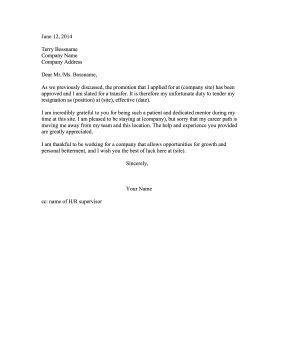Inner resignation refers to a psychological withdrawal from one’s work role in which an employee continues to fulfill basic duties but has emotionally disengaged from their job and the organization. Unlike formal resignation, internal resignation is an invisible and often unconscious process, characterized by demotivation, frustration, and silent protest.
Employees experiencing inner resignation no longer feel a sense of purpose, influence, or commitment in their work. Their engagement deteriorates, often as a result of unmet expectations, repeated failed attempts to improve unsatisfactory conditions, or a lack of perceived control over their situation. If unresolved, this internal disengagement can escalate into external resignation, contributing to costly turnover.
Typical signs of inner resignation include:
-
Working to rule: Performing only the minimum required tasks without initiative.
-
Task resistance: Open or passive refusal to engage in certain duties.
-
Yes-man behavior: Superficial agreement without genuine involvement.
-
Absenteeism: Frequent sick leave or strategic withdrawal from meetings and responsibilities.
-
Cynicism and dissatisfaction: Expressed through subtle remarks or negative attitudes.
-
Withdrawal and burnout symptoms: Including accidents, alcohol misuse, and emotional detachment.
-
Career stagnation: Withholding discretionary effort to conserve energy for personal life.
According to Oppermann-Weber (2001), studies from the Rhineland-Palatinate University of Applied Sciences in 1999–2000 showed that one in four employees had already disengaged internally.
The inner resignation process involves two stages:
-
The employee subjectively evaluates their work situation as negative.
-
They assess whether they can change it. If repeated efforts fail, a shift occurs from constructive dissatisfaction to resigned acceptance, leading to psychological withdrawal.
As described by Comelli and von Rosenstiel (2003), employees may ultimately reduce their expectations and mentally reframe their role as a job to be tolerated rather than pursued with passion.
The immediate supervisor plays a critical role in recognizing and addressing inner resignation. This includes:
-
Investigating the validity of the employee’s negative work assessment,
-
Improving the work environment if the criticism is justified,
-
Correcting false expectations through transparent communication,
-
Encouraging constructive dialogue and creating an atmosphere of change and influence.
By responding early and empathetically, leaders can prevent the downward spiral from disengagement to full resignation, preserving both productivity and employee well-being.
« Back to Glossary Index






